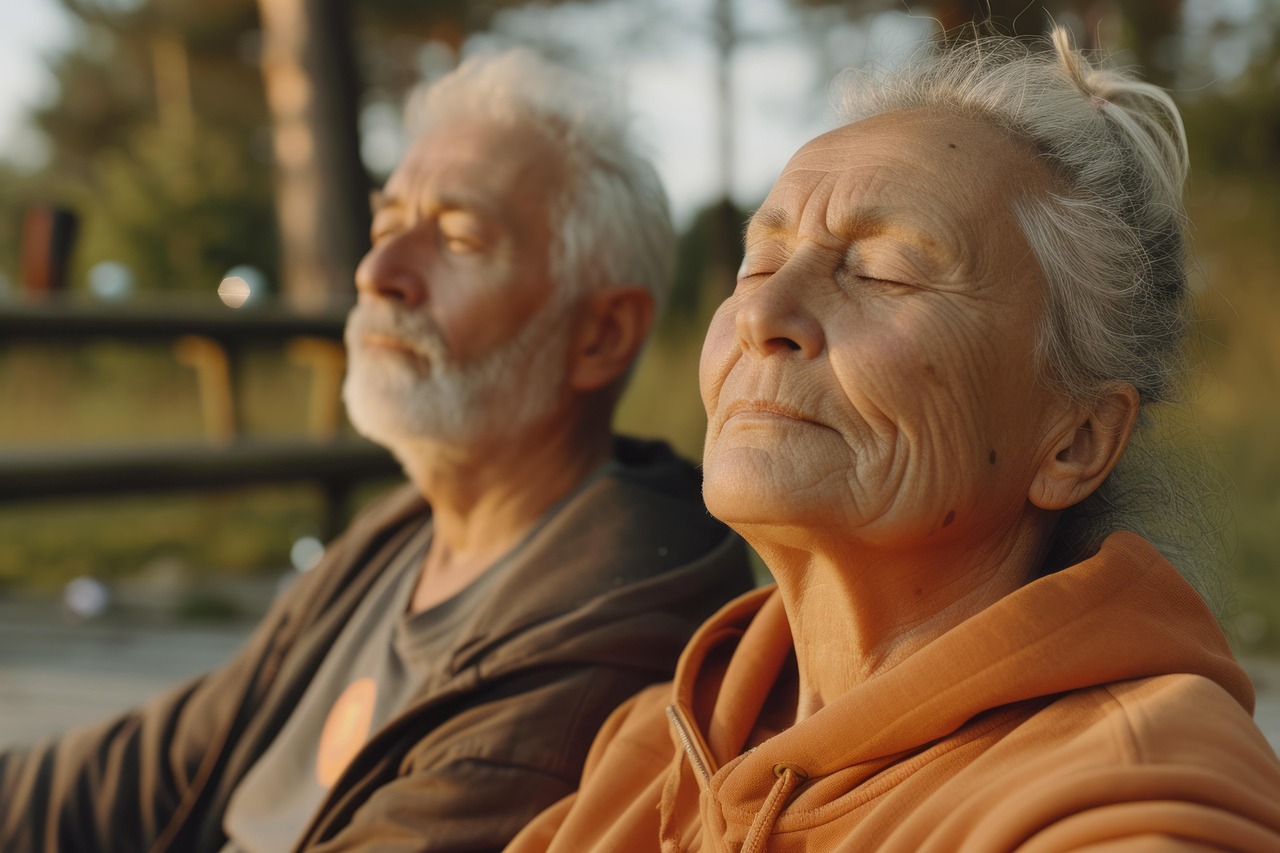As we age, maintaining physical stability becomes increasingly important. Falls are one of the leading causes of injury among older adults, often resulting in serious consequences like broken bones, loss of independence, or long-term health issues. Fortunately, there are effective strategies to prevent falls and improve balance in later years.
Why Balance Deteriorates With Age
Aging naturally brings physical changes. Muscle mass decreases, reflexes slow down, and vision may weaken. Conditions like arthritis, neuropathy, or inner ear problems can further impair balance. Medications that cause dizziness also play a role in increasing fall risk.
Understanding these factors is the first step to prevention.
Top Tips to Prevent Falls and Enhance Balance
1. Exercise Regularly
Engage in balance-enhancing activities such as:
- Tai Chi – improves coordination and stability
- Yoga – increases flexibility and strength
- Walking – boosts lower body strength
Regular exercise strengthens muscles, maintains bone density, and helps prevent falls.
2. Check Your Vision and Hearing
Poor eyesight or hearing can cause misjudgments of your surroundings. Have your eyes and ears checked annually and use glasses or hearing aids if prescribed.
3. Review Your Medications
Talk to your doctor or pharmacist about medications that may cause dizziness or drowsiness. They may adjust your dosage or recommend alternatives.
4. Fall-Proof Your Home
Simple changes can greatly reduce fall risks:
- Install grab bars in the bathroom
- Use non-slip mats in the shower and kitchen
- Improve lighting throughout your home
- Keep pathways clear of clutter and cords
5. Wear the Right Footwear
Avoid slippers or high heels. Opt for well-fitted, non-slip shoes that offer strong ankle support.
6. Use Assistive Devices If Needed
Canes, walkers, and handrails can be critical for safe mobility. Don’t hesitate to use them, especially on uneven terrain or stairs.
7. Get a Balance Assessment
Physical therapists or occupational therapists can assess your balance and design a custom exercise program to improve it.
Nutrition Matters Too
A diet rich in calcium and vitamin D supports strong bones. Staying hydrated also helps reduce dizziness caused by low blood pressure or dehydration.
Staying Confident and Active
Fear of falling often leads to reduced activity, which ironically increases fall risk due to weakened muscles. Staying socially and physically active promotes both mental and physical health, boosting your confidence and improving balance in later years.
By making small, consistent changes and staying proactive, older adults can live safer, more independent lives. Balance in later years is not just about avoiding falls—it’s about enjoying life with strength and confidence.


